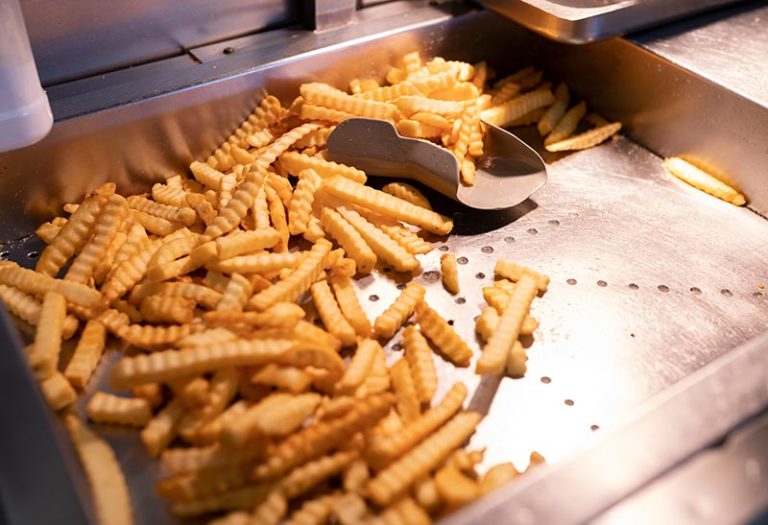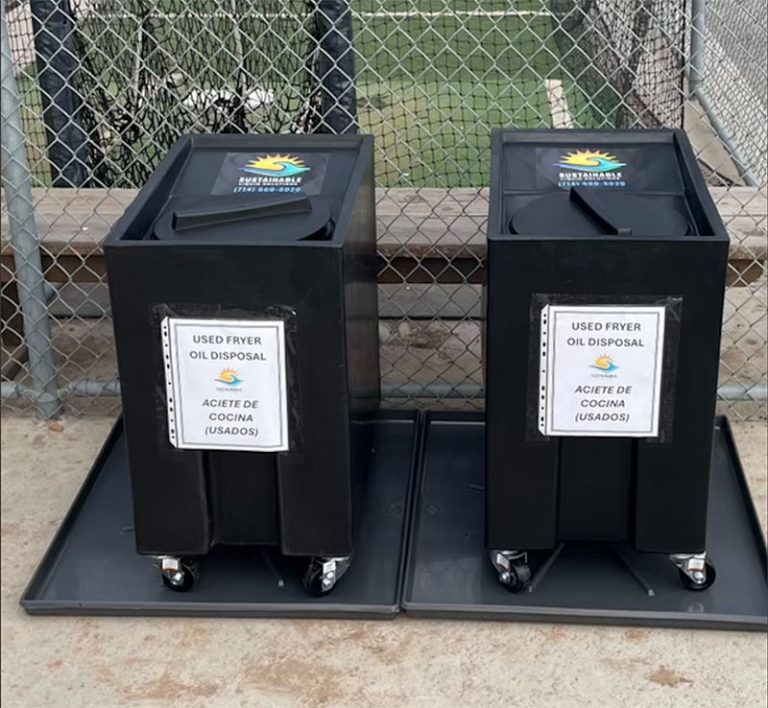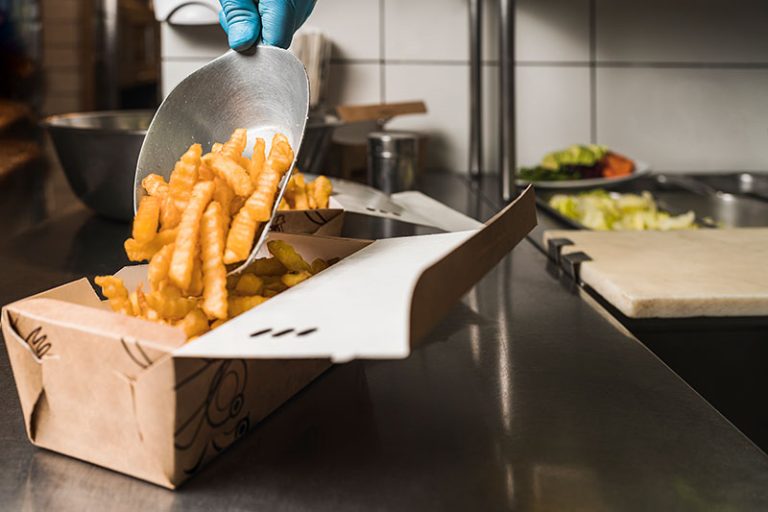Maximizing the Value of Used Cooking Oil: How Proper Storage Preserves Quality
Used cooking oil is more than a byproduct—it’s an asset with real monetary and environmental value. However, not all oil is created equal when it comes to recycling. The quality of your stored oil plays a significant role in determining its value for biodiesel production or other uses. By implementing proper storage practices, you can ensure your used oil remains a high-quality resource, unlocking rebates and optimizing recycling efficiency.
Understanding What Affects Oil Quality
Stored cooking oil is susceptible to several factors that can degrade its quality over time. Exposure to air, light, and moisture are among the most common culprits. Air introduces oxygen, which can oxidize the oil, leading to rancidity and reduced recyclability. Similarly, light exposure can trigger chemical reactions that compromise the oil’s composition.
Moisture is particularly damaging, as it not only degrades the oil but also increases the difficulty of the recycling process. Contaminants like food particles add to these challenges. Without proper filtration and storage, these contaminants can accumulate, making the oil less desirable for recycling programs and limiting the rebates you might receive.
Best Practices for Preserving Oil Quality
Proper storage begins with the right equipment. Food-grade containers with tight-fitting lids are essential to keeping air, light, and moisture out. These containers create a barrier that helps maintain the oil’s integrity over time. Additionally, containers should be stored in a cool, dry area away from direct sunlight or heat sources. This helps to prevent oxidation and preserves the oil’s usability.
Filtration is another critical step in maintaining oil quality. By removing food particles and other contaminants before storage, you can significantly extend the oil’s life and make it more appealing to recyclers. Implementing a simple filtration system in your kitchen can help ensure that only clean oil goes into your storage containers.
Rotating your oil stock is also an important practice. Using a “first-in, first-out” approach ensures that older oil is collected and recycled first, minimizing the risk of degradation. Regularly inspecting your oil storage can catch potential issues early, such as leaks or contamination, allowing you to address them before they affect quality.
The Financial Benefits of High-Quality Oil
Recycling programs often determine rebates based on the quality of the oil collected. Higher-quality oil is easier to process, making it more valuable for biodiesel production and other applications. Restaurants that follow best practices for oil storage can see significantly higher returns, as clean, uncontaminated oil is in greater demand.
Maintaining oil quality also reduces costs associated with waste disposal. Contaminated oil may require additional processing or cleaning before it can be recycled, leading to higher fees or lower rebates. By investing in proper storage, you ensure your oil retains its maximum value, benefiting both your bottom line and the recycling process.
Beyond the immediate financial returns, high-quality oil contributes to more efficient recycling, reducing the environmental impact of the process. This aligns your business with sustainability goals, further enhancing your reputation and appeal to eco-conscious customers.
Longview’s Role in Helping You Maximize Value
At Longview Environmental Company, we understand that proper oil storage is key to unlocking its full potential. That’s why we provide state-of-the-art containers and guidance on maintaining oil quality. From assisting with filtration systems to designing efficient collection schedules, we work with you to ensure your used oil remains a high-value resource.
Our team also helps you understand how your recycling efforts contribute to sustainability, providing data on the amount of biodiesel your oil has helped produce or the emissions it has reduced. This transparency not only reinforces the financial benefits of recycling but also positions your restaurant as a leader in environmental responsibility.
Take Control of Your Oil’s Value
Proper storage isn’t just about compliance or convenience—it’s about maximizing the value of a resource you already have. By taking steps to preserve the quality of your used cooking oil, you can enhance your recycling returns, reduce waste disposal costs, and contribute to a more sustainable future.
Evaluate your current oil storage practices and identify areas where improvements can be made. Are your containers protecting against air, light, and moisture? Do you have a filtration system in place? If not, Longview can help you implement the necessary changes.
Contact us today to learn more about our comprehensive oil storage and recycling solutions. Together, we can turn your used cooking oil into a high-value asset for your business and the environment.








